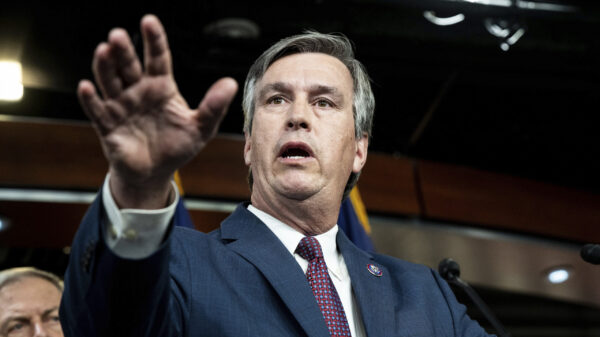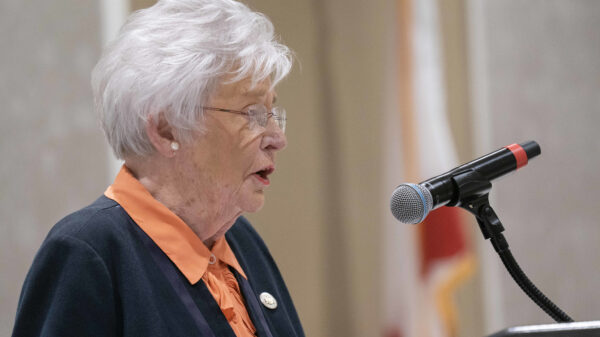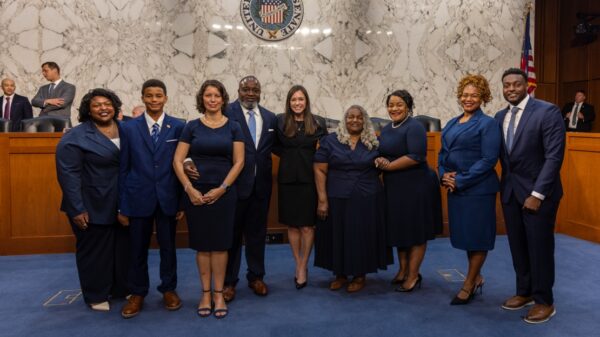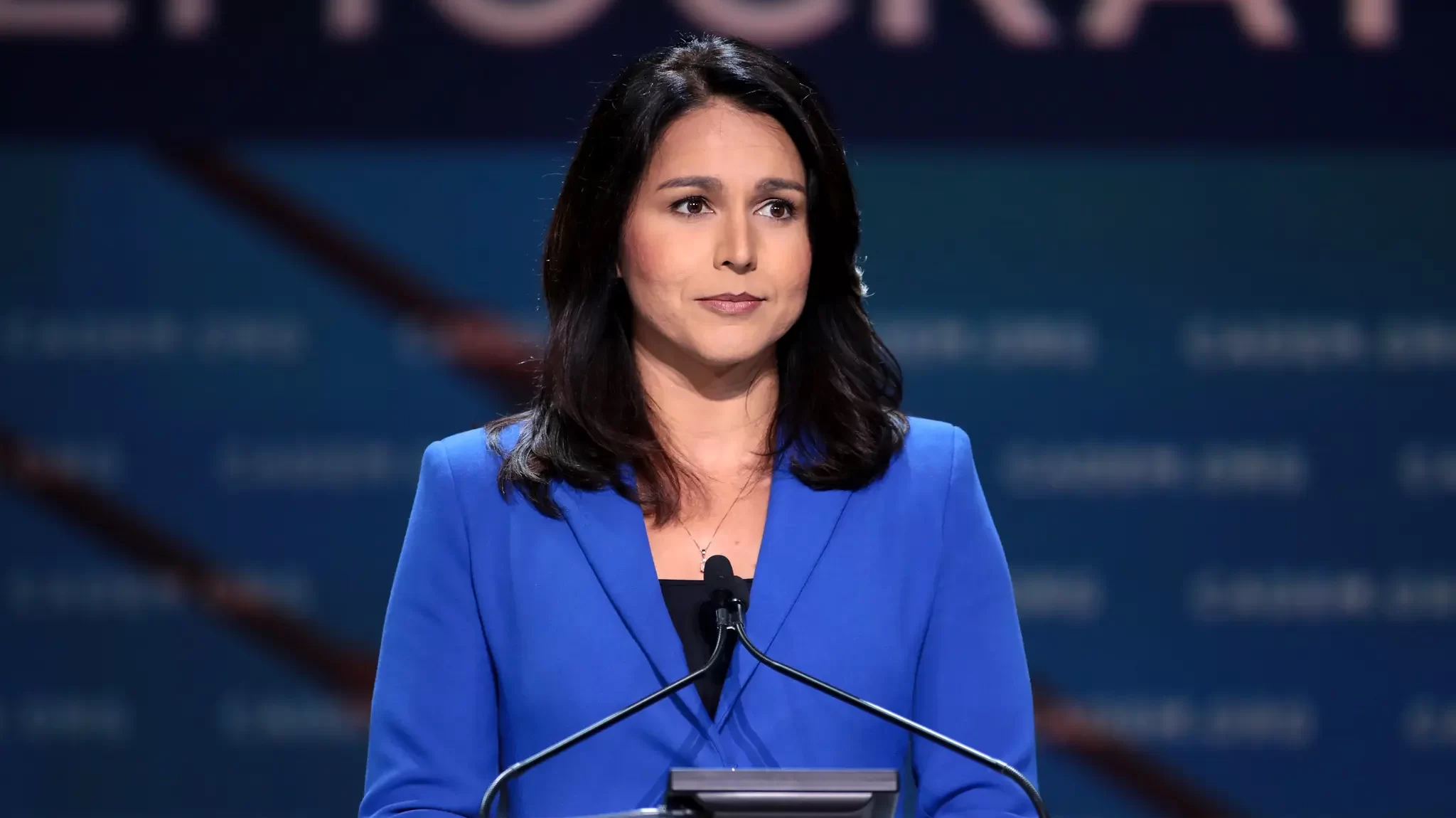As a conservative who believes in the principles of limited government, the rule of law, and the preservation of America’s global leadership, I cannot help but scrutinize Tulsi Gabbard’s nomination for Director of National Intelligence. While she has made waves by leaving the Democratic Party and aligning herself with conservative rhetoric on cultural issues, her record, positions, and political instincts raise serious concerns for anyone who values principled conservatism.
Gabbard’s most glaring liability lies in her foreign policy views, which often veer dangerously close to isolationism and appeasement of authoritarian regimes. As Republicans, we have long championed a strong, confident America that leads on the world stage—not one that shrinks back and emboldens our adversaries. Her history of soft-pedaling Russia’s aggression, dismissing concerns about Bashar al-Assad’s war crimes in Syria, and opposing robust military and economic support for Ukraine are fundamentally at odds with the Republican Party’s commitment to peace through strength. Her repeated calls to abandon U.S. support for key allies in Europe and the Indo-Pacific would undermine decades of bipartisan foreign policy consensus aimed at countering threats like China and Russia. Retreating from our commitments abroad weakens America’s ability to defend its interests and leaves a vacuum for adversaries to exploit. Gabbard’s approach is naïve at best and dangerous at worst.
Her economic views also raise red flags for anyone who believes in the power of free markets and fiscal responsibility. During her tenure in Congress, she supported expansive federal programs and regulations that contradict conservative principles of limited government. Her backing of Bernie Sanders’ Medicare for All plan costly, government-run healthcare system—is a glaring example of her progressive economic instincts. While she has recently pivoted to emphasize individual freedoms and market-based solutions, this shift appears more opportunistic than authentic. Republicans need leaders who have consistently championed free-market policies and the reduction of government overreach—not someone who adapts their positions to align with current political winds.
One of the most concerning aspects of Gabbard’s emergence in conservative circles is the question of authenticity. While she has gained attention for criticizing the excesses of the left, particularly on issues like censorship, identity politics, and cancel culture, we cannot forget she spent most of her political career as a progressive Democrat. Her sudden embrace of conservative talking points feels less like a genuine ideological evolution and more like a calculated rebranding effort to remain politically relevant. Conservatives should be wary of elevating someone whose principles appear to be dictated by convenience rather than conviction. The Republican Party should not be a refuge for political opportunists looking to capitalize on dissatisfaction with the left. Instead, we must champion leaders with a proven track record of standing firm for conservative values, even in the face of adversity.
As Republicans, we value the rule of law and the integrity of our institutions. Gabbard’s willingness to question the legitimacy of U.S. actions and institutions on the international stage raises concerns about her commitment to these foundational principles. Her past criticisms of American foreign policy often bordered on echoing anti-American propaganda, which does little to inspire confidence in her ability to uphold and defend the rule of law at home and abroad. We need leaders who will strengthen our institutions, not undermine them. Gabbard’s track record suggests she may prioritize personal political gain over the preservation of the constitutional order and the principles that have made America exceptional.
The Republican Party stands at a crossroads. As we navigate challenges like a growing federal government, rising threats from authoritarian regimes, and a culture increasingly hostile to conservative values, we must be deliberate in choosing leaders who embody the principles of conservatism. Tulsi Gabbard may be a new and compelling voice, but she is not the standard-bearer we need.
As someone who is steadfast in their own faith, I believe our country must be led by individuals who consistently show unwavering commitment to their convictions. We cannot afford to dilute our movement by elevating those who lack a consistent commitment to conservative ideals. Instead, we must champion leaders who understand the value of American strength, the necessity of economic freedom, and the importance of preserving the constitutional framework that has guided our nation for more than two centuries.
Tulsi Gabbard’s candidacy should be a wake-up call for Republicans to resist the allure of opportunism and recommit to the enduring principles that define our party. America deserves better, and so does the conservative movement. By rejecting her nomination, we reaffirm our commitment to the rule of law, limited government, and a strong America—values that should never be compromised.





















































